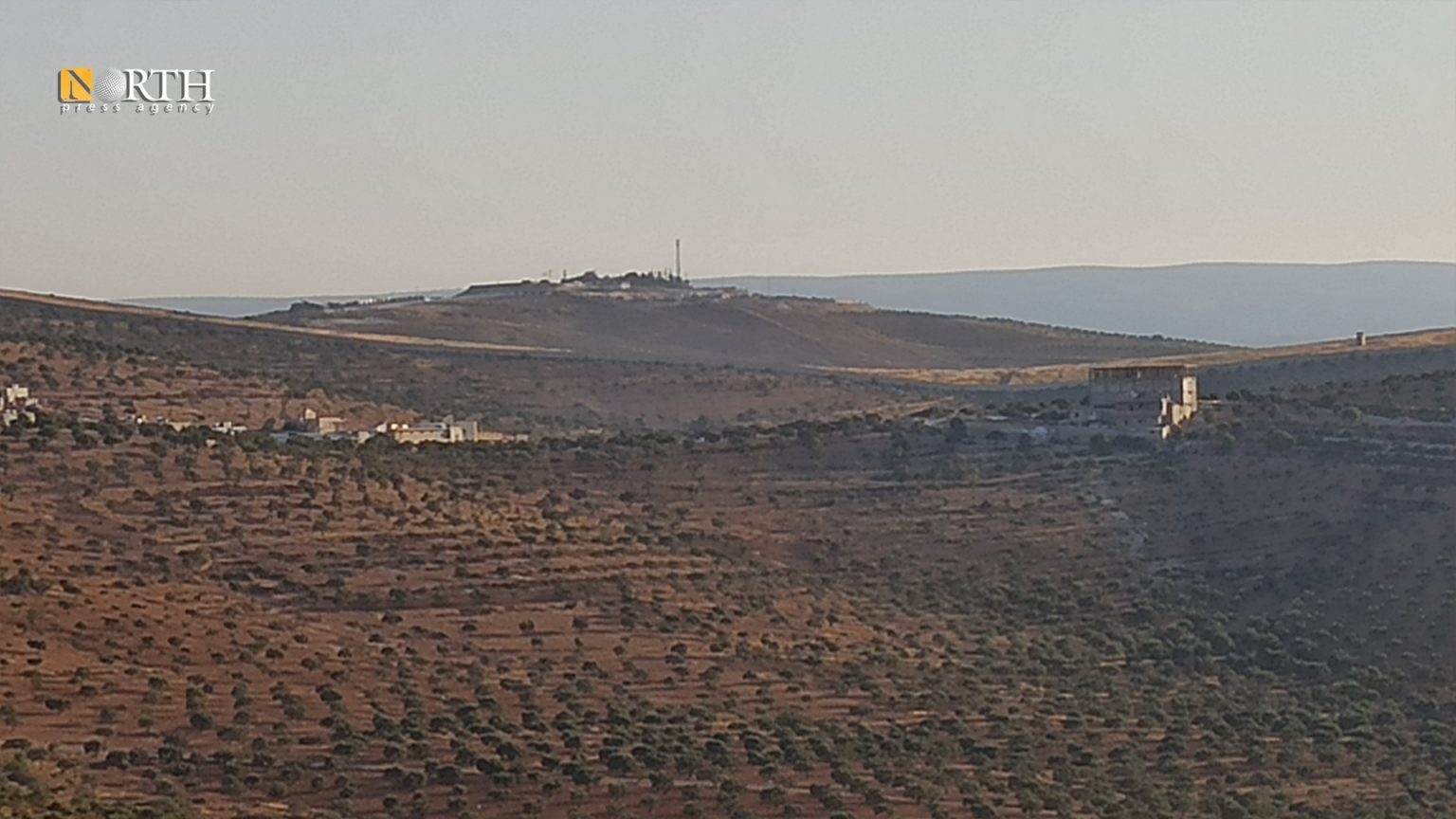IDLIB, Syria (North Press) – Ali Razzouq, a pseudonym for a resident of Idlib, northwestern Syria, returned from Turkey to his city last month, after he received death threats and repeated harassment of his family members by a Turkish young man.
Razzouq said a young Turkish man named Hassan Gektoz from the city of Izmir, proposed to his daughter, but the family refused his request because his daughter is too young.
But the Turkish young man started chasing his daughter and trying to harass her while she was on her way to school, as he tried to kidnap her once, Razzouq said.
He pointed out that the Turkish man was not satisfied with that, “he threatened to kill me, so I was forced to return to Idlib,” especially since his complaint to a police station was not heeded, he said.
Syrians who resorted to Turkey during the past years say that the racism practiced by the Turks against them and their exposure to harassment and repeated attacks in addition to the many incidents of killings forced them to return to their villages and towns in Idlib, despite the deteriorated security conditions there.
There are about four million Syrian refugees in Turkey, according to statements by officials in Ankara.
Racist campaigns: from guests to enemies
Syrians in Turkey believe that racist campaigns against Syrian refugees in Turkey have recently increased after a murder committed by a Syrian, in which a young Turkish man was killed in the Altin Dag neighborhood in the capital, Ankara, in August 2021.
In its wake, Turkish officials called for the expulsion of the Syrians, similar to the mayor of Bolu State, Tango Ozcan, who raised electricity and water fees in order to pressure the refugees to leave the state.
On January 10, a Syrian young man was stabbed to death while he was in his place of residence by Turkish youths in the Turkish city of Istanbul.
Human rights activist Taha al-Ghazi told North Press at the time that six Turkish youths and two others from Uzbekistan raided a house of Syrian youths in Istanbul at 1 am.
The attackers stabbed the 19-year-old Nayef al-Nayef while he was sleeping, using a knife, which killed immediately before he reached the hospital, al-Ghazi added.
On December 20, 2021, the media reported the burning incident of three Syrian youths, in the Turkish city of Izmir, after it was circulated that a Turkish young man had poured gasoline into the room of the three Syrians.
The Turkish authorities successively arrest Syrians for committing violations, according to the authorities, and then organize reports against them in order to deport them back to Syria under the pretext of not obtaining the required legal documents.
No laws defend their rights
Large sectors of refugee workers live in anxiety and fear of forcible deportation because of their illegal residence in the areas in which they work, with Turkish employers refusing to grant refugee workers a work permit, which help them to move freely.
The Turkish government prohibits foreign residents from working in many professions, such as dentistry, nursing, pharmacy, and veterinary medicine, and their practice in Turkey is only limited with Turks.
Turkish laws do not allow amending the Syrian certificate or obtaining a license to work in these professions unless the person holds Turkish citizenship.
Early in 2022, Rami Abu al-Khair, a pseudonym for a young man from Idlib, accompanied by three of his friends, returned to Idlib after they were exposed to a scam operation by the owner of the factory they work for in Turkey.
The young man said the owner of the factory refused to give them their financial dues over a period of six months, “he insulted us when we asked him for our wages.”
In December 2021, a Syrian young man was killed, in the city of Gaziantep, southern Turkey, after he was shot in the chest by a Turkish citizen, as social media posted.
The Syrian young man Mahmoud Muhammad Shobak tried to intervene to break up a quarrel between a roommate and an armed Turkish youth who stormed their house in the city, and the quarrel escalated into shooting and the killing of Shobak, as social media posted.
Abu al-Khair pointed out that even those who hold a work permit have not benefited from their complaints in Turkish courts, “there is no law that protects Syrians and defend their rights.”

